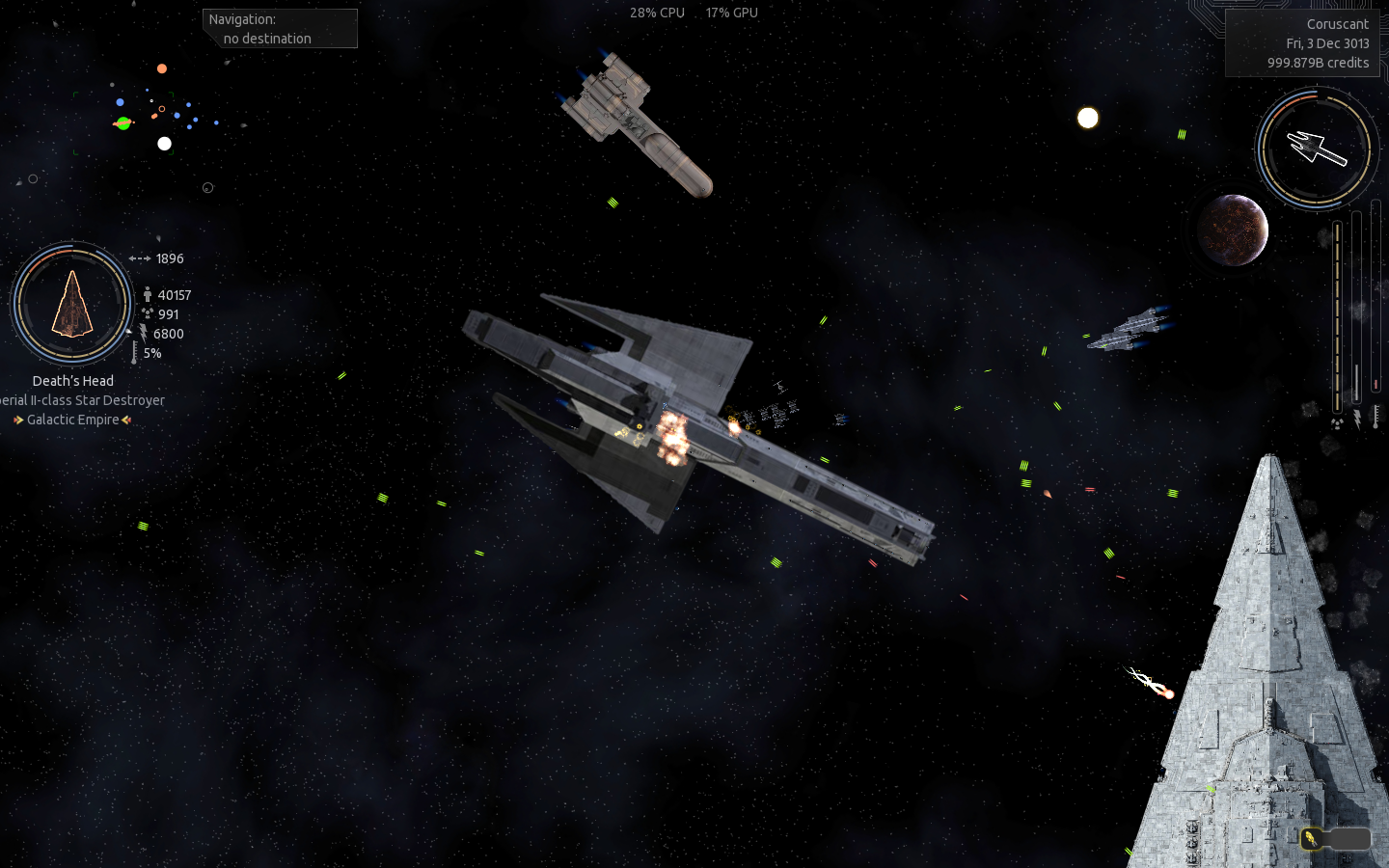


Planning to remain on the defensive on the Western Front in 1917, the supreme army command endorsed the navy’s opinion that unrestricted U-boat warfare against the British at sea could result in a German victory by the fall of 1917. German navy commanders, however, were ultimately not prepared to accept this degree of passivity, and continued to push for a more aggressive use of the submarine, convincing first the army and eventually the government, most importantly Kaiser Wilhelm, that the U-boat was an essential component of German war strategy. By September 1915, the German government had imposed such strict constraints on the operation of the nation’s submarines that the German navy was persuaded to suspend U-boat warfare altogether. President Woodrow Wilson to send a strongly worded note to the German government demanding an end to German attacks against unarmed merchant ships. Although the Lusitania was a British ship and it was carrying a supply of munitions-Germany used these two facts to justify the attack-it was principally a passenger ship, and the 1,201 people who drowned in its sinking included 128 Americans. A string of attacks on merchant ships followed, culminating in the sinking of the British ship Lusitania by a German U-boat on May 7, 1915. Unrestricted submarine warfare was first introduced in World War I in early 1915, when Germany declared the area around the British Isles a war zone, in which all merchant ships, including those from neutral countries, would be attacked by the German navy.

On February 1, 1917, the lethal threat of the German U-boat submarine raises its head again, as Germany returns to the policy of unrestricted submarine warfare it had previously suspended in response to pressure from the United States and other neutral countries.


 0 kommentar(er)
0 kommentar(er)
